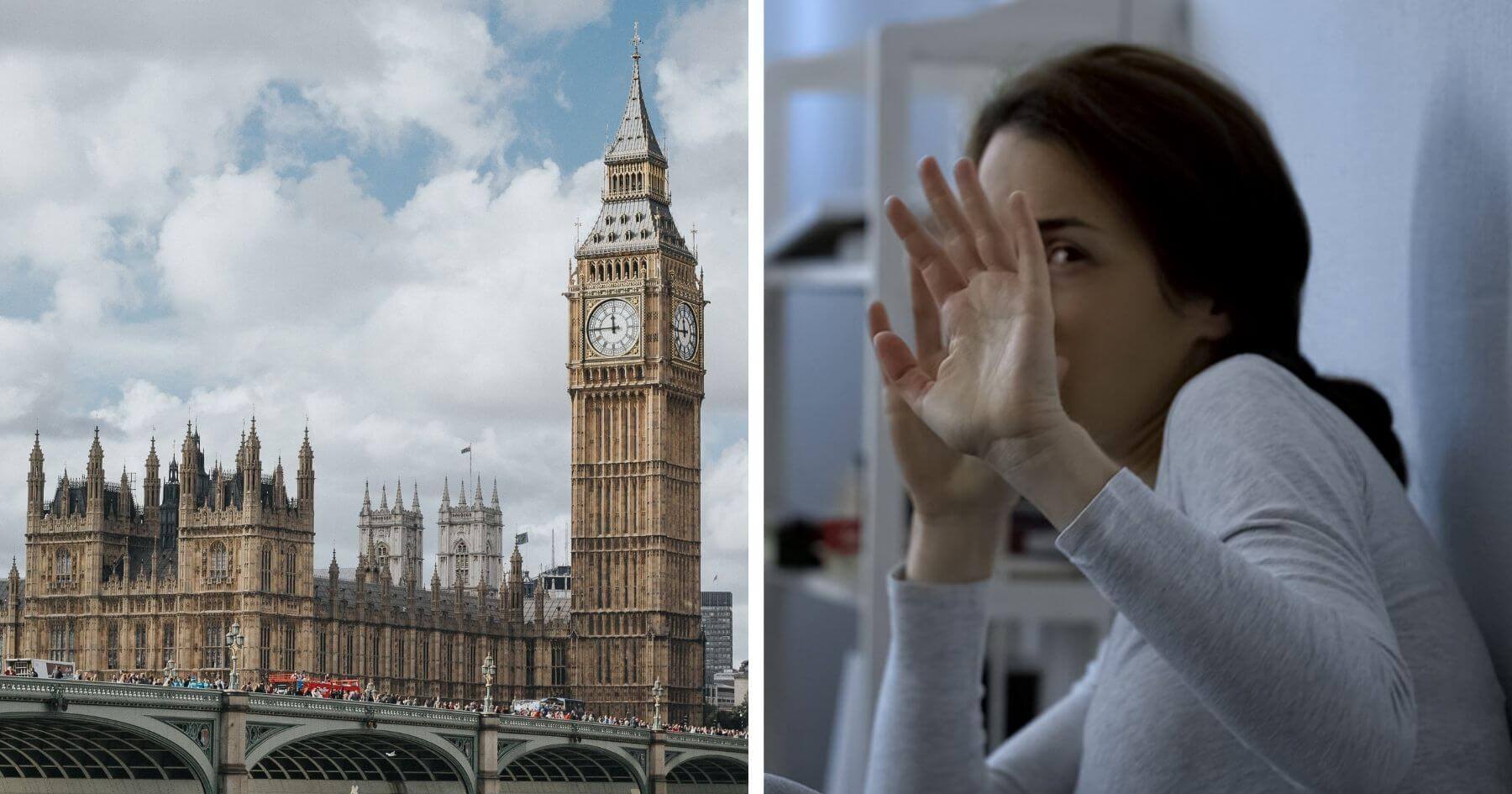A large number of cross-party MPs and Peers yesterday attended a webinar hosted by the All-Party Parliamentary Pro-Life Group (APPG) on how DIY home abortion is putting women at risk.
Led by Co-Chair of the APPG Carla Lockhart MP, two speakers, Mr Kevin Duffy and Dr Calum Miller, showed the inherent flaws in the practice of ‘telemed’ abortions, providing evidence to politicians present not only of the medical risks involved but also of the ease of coercion.
Since March 2020, using the COVID-19 lockdowns as justification, the English, Welsh and Scottish Governments approved temporary measures to permit early medical abortions (before 10 weeks in England and Wales and before 12 weeks in Scotland) to take place at home, outside of a clinical setting. This is one of the largest changes to abortion law in Britain since 1967 and was done without parliamentary scrutiny or public consultation.
Following a consultation with a registered medical practitioner over the phone or video (e.g. Facetime/Skype), both sets of abortion pills (one mifepristone/six misoprostol) can be sent by post or picked up from a clinic, so the woman or girl can effectively perform a ‘DIY’ (do-it-yourself) abortion at home.
Complications underreported
Kevin Duffy, former Global Director of Clinics Development at one of the world’s largest abortion providers, Marie Stopes International (now MSI Reproductive Choices) highlighted many serious medical risks and safety concerns arising from DIY abortions.
In particular, Duffy provided evidence that there is massive underreporting of medical complications arising from DIY abortions. Official data from the Department for Health and Social Care for England and Wales (DHSC) show there had been only one complication following a ‘DIY’ home abortion out of over 23,000 over the period April to June 2020. This would mean that the complication rate for DIY abortions is 17 times lower than the average rate of complications for medical abortions taking place in a clinical setting for similar gestations (3-9 weeks) over the past five years.
However, as Mr Duffy went on to stress, not only is this highly unlikely, but other data, obtained largely from Freedom of Information Requests sent to six different NHS trusts/hospitals, demonstrates a complication rate five times higher than that reported by the DHSC. Mr Duffy said:
“In 2020, these six hospitals provided treatment for 69 women diagnosed with haemorrhage or sepsis after taking the abortion pills… it’s a small sample with limitations but in these six locations we find a complications rate five times higher than that reported by DHSC for 2019 and 2020”.”.
Further analysis of the data shows that “every month, 495 women attended hospital with complications arising from retained products of conception (RPOC) after a medical abortion. Every month, 250 women after using the abortion pills, required hospital treatment to surgically remove retained products of conception (ERPC)”.
Inadequate safeguards
In addition to the evidence of underreporting of complications, Mr Duffy cited two previous undercover investigations that found that abortion providers were putting women at considerable risk by failing to provide basic checks before abortion pills were sent out in the post.
In the first investigation, concluded in early July 2020, all 26 requests by volunteers (eight volunteers) resulted in them being able to acquire mifepristone and misoprostol using false names, dates of birth and gestational dates. In one case, pills were provided to a volunteer who gave a date that could only have led to a termination beyond the legal 10-week limit for ‘at-home’ abortions.
A second investigation conducted between November 2020 and January 2021 found that there had been no change in the behaviour of abortion providers towards the screening of gestational dates, despite assurances from the Care Quality Commission in November 2020 that the three main abortion providers had significantly improved their screening processes.
Undetected coercion
Dr Calum Miller, NHS doctor and research associate at the University of Oxford specialising in abortion policy, discussed the problem of coercion and abuse facilitated by DIY abortions. The lack of direct medical supervision is a significant threat to the substantial minority of women who undergo forced abortion in breach of their human rights, often as a result of sexual abuse. Indeed, quoting several sources, Dr Miller noted that “abusers might be listening in on [telemedicine phone consultation] conversations” (New England Journal of Medicine); “Consultations, when possible, are offered online, which may introduce further barriers to accessing support” (UN Office of Drugs and Crime); and some women’s “living arrangements may not permit the privacy and confidentiality appropriate for patient care” (Journal of the American Medical Association).
Dr Miller referred to recent research on the subject as well, noting one study which found that a quarter of women seeking an abortion were pressured by a partner to do so.
Polling from earlier this year shows 87% of GPs were concerned that women were at risk of unwanted abortion arising from domestic abuse by partners controlling or monitoring their actions. Similarly, recent polling of the general public found 86% of women were concerned about women being at risk of being coerced into an abortion by a partner or family member during the ‘at-home’ abortion process. Furthermore, 86% of GPs surveyed across the UK were concerned about women having a medical abortion past the legal limit of ten weeks’ gestation. Concern was highest among female doctors (91%).
“Looking back at it it was like I was manipulated into it.”
The politicians present also heard testimony from one woman who who pressured by her partner and friends to have an abortion. She said: “Looking back at it I don’t know why I listened to them… it was almost like I was manipulated into it”.
National Governments have recently closed their consultations on whether or not to make DIY abortions a fixed feature of British law, and will release their finding later this year.
Right To Life UK spokesperson, Catherine Robinson, said: “The data on this cruel experiment on women,not to mention their babies, are in: DIY at-home abortions are dangerous both medically and socially, being open to serious abuse and coercion. Indeed, these same arguments were made before the introduction of this abortion scheme and, sadly, have proven to be correct”.
“As Mr Duffy and Dr Miller unambiguously show, DIY abortions are dangerous and can easily result in unwanted abortions. There is no guarantee about who actually takes the abortion drugs; there are no in-person checks on the gestation of the baby, and it is very difficult to reliably assess whether or not the woman is being forced into doing something she does not want to do”.
“In the light of all these dangers, only an ideologue committed to expanding access to abortion regardless of the consequences, or those who stand to make a profit from the widespread proliferation of abortion, would even dream of making DIY abortion a permanent feature of law in the UK”.
“Other countries have recognised the dangers and banned the practice. Hopefully the UK will follow suit”.
Please note: The testimonial in the video above has republished with permission from March for Life UK. Further testimonials are available on their website here.






